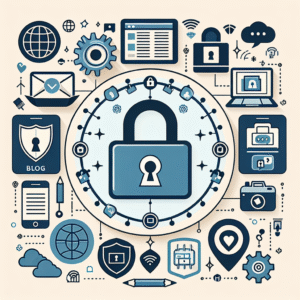“10 Reasons Why 2025 Has Revolutionized ERP: The Future is Here!”
Have you ever thought about how much your way of working has changed in the last five years? If you work in a large company, the answer is probably a resounding “yes.” The credit goes above all to ERP, enterprise resource planning systems, which in 2025 have reached a level of complexity and customization never seen before.
In fact, companies have begun to move toward more flexible and scalable ERP models, capable of responding to the needs of a constantly changing market. “We have witnessed a real revolution,” says Marco Bianchi, CIO of one of the largest Italian software companies. “The evolution of technologies has allowed us to create tailor-made solutions for every type of business.”
According to a recent study, 75% of companies in 2025 have invested in new ERP systems, a figure that demonstrates the impact of this technology on the world of work. But what are the trends that have characterized ERP in 2025?
There is a lot of talk about artificial intelligence and machine learning. These technologies, integrated into ERP systems, are becoming increasingly central, allowing companies to automate complex processes and improve operational efficiency. “Artificial intelligence allows us to analyze large amounts of data in real time and make decisions based on accurate and up-to-date information,” explains Laura Rossi, an expert in digital transformation.
Another important trend is the use of the cloud. By 2025, 85% of companies are expected to have adopted a cloud-based ERP system, which allows access to data and applications from any device and location, facilitating remote work and collaboration between teams spread across multiple locations.
No less important is the growing focus on security. With the digitalization of business processes, data protection has become a priority. “Companies are increasingly aware of the risk of cyber attacks and are investing in advanced security solutions,” emphasizes Alessandro Ferrari, cybersecurity specialist.
But what does the future of ERP look like? If 2025 was the year of revolution, we can expect the next few years to be the year of consolidation of these trends. Artificial intelligence and machine learning will continue to evolve, making ERP systems increasingly smart. The cloud, on the other hand, will become the norm, making work even more flexible and dynamic.
We could say that we are facing a world where ERP is no longer optional, but a must for any company that wants to stay competitive. But you, readers, are you ready for this revolution? We are curious to know your opinion and experiences. Leave a comment and join the discussion!







